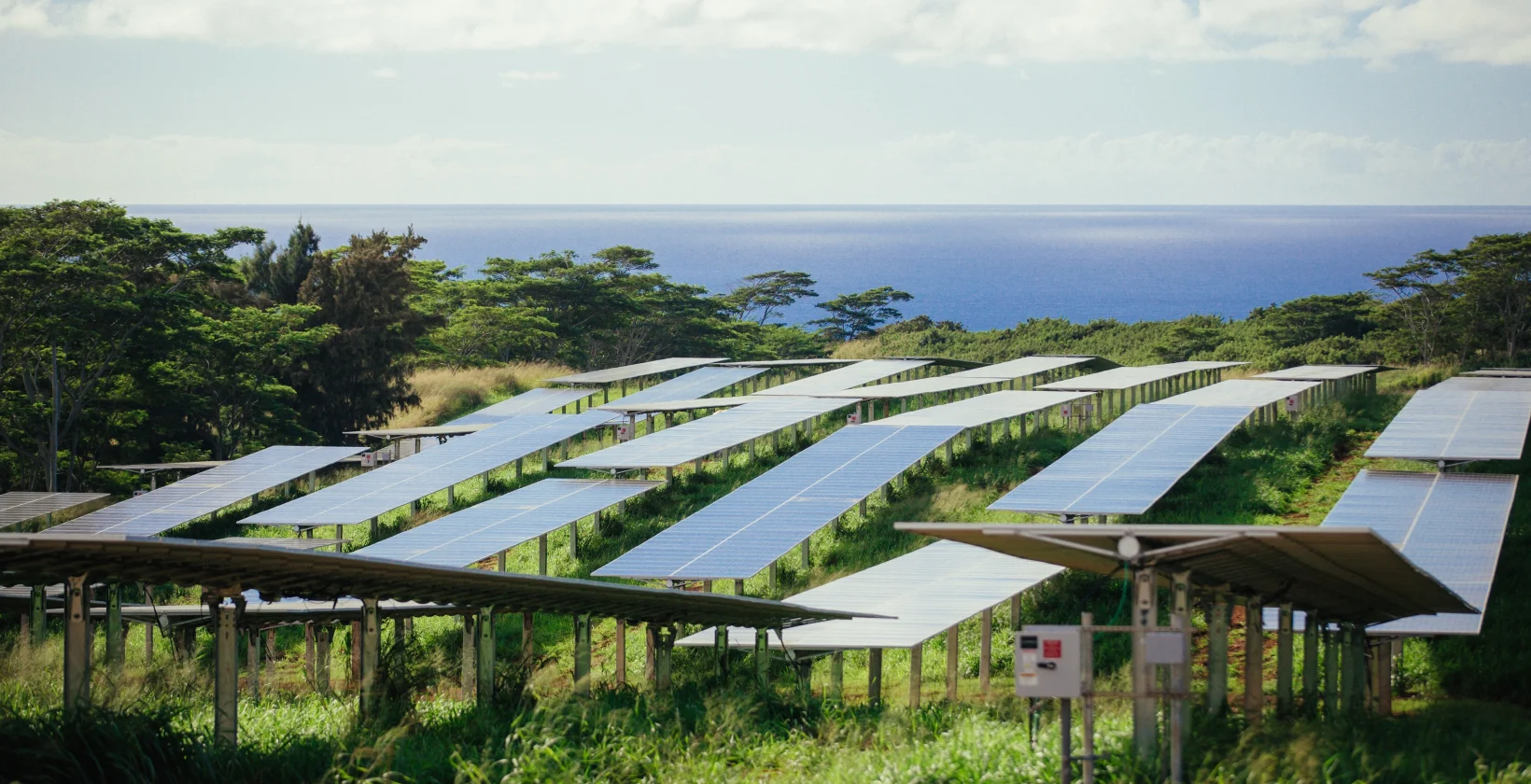Blue Planet Foundation believes in the power of community engagement to drive meaningful change towards a clean energy future. One pivotal avenue for influencing Hawaii’s energy landscape is through participation in the decisions of the Public Utilities Commission (PUC).
Since Blue Planet started in 2009, we have engaged in nearly two dozen energy dockets at the Hawaii Public Utilities Commission. Our organization is currently a party in four pending dockets, including Community Based Renewable Energy (2015-0389), Performance Based Regulation (2018-0088), Integrated Grid Planning (2018-0165), and the Energy Equity Docket (2022-0250).
Through this participation in regulatory dockets and decision making, we know that engaging with the PUC can be a drawn out, complicated process for clean energy advocates and members of the community who don’t consider themselves subject-matter experts or lawyers with relevant regulatory experience. As such, we’ve put together this quick guide as an introduction to the PUC to help demystify the process and empower everyday people to get engaged to have their voice heard on key energy issues impacting Hawaii’s future.
Basics of the PUC:
What is the PUC? The Hawaii Public Utilities Commission (PUC) was established in 1913 and serves as the regulatory body overseeing essential utility services across the state. From electricity and telecommunications to water and transportation services, the PUC ensures these services are provided safely, reliably, economically, and with environmental stewardship in mind. The PUC oversees energy utility companies such as Hawaiian Electric Company, Maui Electric Company, Hawaii Electric Light Company, Kauai Island Utility Cooperative, and Hawaii Gas.
Why is the PUC Important for Clean Energy Progress? The decisions made by the PUC profoundly impact Hawaii’s transition to 100% clean energy by 2045. They approve utility rates, influence resource planning, and play a crucial role in shaping policies that encourage renewable energy adoption. Engaging with the PUC allows us to advocate for policies that accelerate our transition to a sustainable, resilient clean energy future.
How Can You Engage with the PUC?
- Monitor Dockets: Dockets are the heart of PUC proceedings, akin to legal cases. They contain filings, evidence, and decisions related to specific matters. You can track ongoing dockets related to energy, telecommunications, and more through the PUC’s Document Management System or dockets specific to electricity on their Energy webpage. Signing up for email notifications keeps you informed about new developments.
- Attend Public Hearings: Public hearings provide a platform for community input on critical issues such as rate changes or infrastructure projects. These hearings provide opportunities for the community to voice their perspectives directly to the commissioners. The PUC posts public hearing notices online, and information on upcoming events and tips on how to prepare for and participate at a public hearing can be found here.
- Submit Public Comments: Even if you’re not formally participating in a docket, you can submit public comments expressing your views on pending proceedings. Use the Public Comments webform or send your comments by mail. Your input helps inform the Commission’s decisions and reflects community sentiments on clean energy issues.
- Intervene or Participate: For more involved participation, consider becoming an intervenor or participant in a docketed proceeding. Intervenors have formal party status and can present evidence and cross-examine witnesses. Participants, while more limited in scope, still have the opportunity to engage meaningfully. Detailed criteria and procedures for intervention are outlined in Hawaii Administrative Rules Section 16-601-55 and 56.

Understanding Key Terms:
- Parties: Formal participants with specific rights and responsibilities in a docketed proceeding.
- Intervenors: Organizations or individuals granted party status by the PUC, allowing them active involvement.
- Participants: Individuals with a limited interest in a proceeding who are granted participation rights.
The Role of the Consumer Advocate: The Consumer Advocate represents the interests of consumers in PUC proceedings, ensuring that decisions uphold consumer rights and interests. They help to give consumers a voice in energy utility decisions, and their involvement is important in maintaining fairness and transparency at the PUC.
Importance of Ex Parte Communication Rules: To maintain impartiality, the PUC restricts ex parte communications—private discussions about pending cases between commissioners or staff and external parties. This ensures decisions are based solely on the merits of the case and not influenced by outside interests.
Why Your Engagement Matters:
Participation in PUC proceedings is vital for advancing our clean energy goals in Hawaii. By providing informed input, you can contribute to decisions that shape our energy future by promoting sustainability and resilience in our island communities.
You can stay informed and take action by visiting the PUC’s website for updates, document filings, and educational resources. Additionally, you can get involved at Blue Planet Foundation for opportunities to engage and show your support in clean energy policy, advocacy, and youth education. Together, we can drive meaningful change towards a clean energy future for Hawaii.
